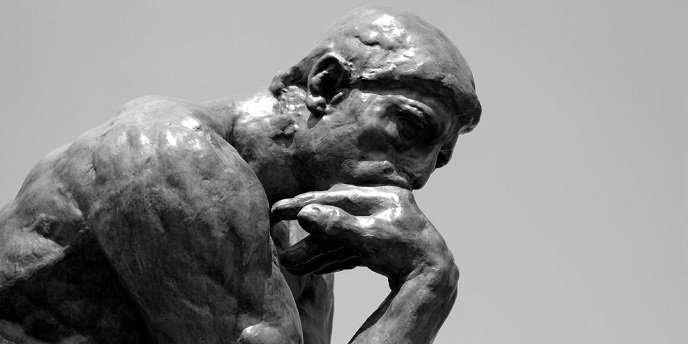Man - an erotic being. Freud constituted his anthropology in the conditions of a society that imposed on man an unnecessary rigor that, instead of better, leads to worse results than expected. Man is a rational-irrational being. The bridge between reason and unconsciousness builds the concept of the unconscious. 1. the principle of pleasure and discontent. The principle of pleasure is governed by the human being.
At least it should. But if that was true, the vast majority of the mental phenomena had to be accompanied by pleasure, and the general experience decisively contradicts this conclusion. The only possible situation is that in the soul there is a strong tendency to the principle of pleasure, but some forces and conditions are resisted, so the end result does not always correspond to that tendency. Often the principle of pleasure is replaced by the principle of reality. 2. I, To, and Super-I. Freud believes that the soul processes of the personality are organized and called this organization I. It is the mental state that controls all the mental processes.
The super-self has detached from the self-part that has formed under the influence of authority, religion, education. He retains a father's x-terra, which later on keeps the Self in the form of duty, guilt, conscience. The inconsistency between the demands of conscience and the actions of the Self is felt as a sense of guilt. Social feelings are due to identities with others, based on the same I-ideal. The self has evolved in a particular way a part of It. It is totally amoral. The self seeks to be moral, and in doing so manifests such cruelty as is only capable of Him. Freud believes that the more he limits his external aggressiveness, the more severe, he becomes more aggressive in his or her ideal.
The Driving Lesson. The Nagons are mythical creatures, majestic in their uncertainty. Freud believes there are two main dangers - hunger and love that are biologically bound - self-preservation and conservation of the species. The drive is something that one can not slip away from. There is one fundamental contradiction between the impulses of Eros and Thanatos. The dangers of life, which encompass both the self and the sexual dangers, are opposed to the drive of death, which is seen as the root of human destruction. Eros tends to unite and integrate, and the urge to death to disintegrate and destroy. The two tendencies act constantly in man, struggle and mingle, until finally the momentum of death turns out to be more powerful and celebrates its triumph in the death of the individual. 4. The male, the woman and the child. For Freud, man is actually just a man.

Freud said that 80% human's behavior is controlled by the unconscious. At first times, i read it, i didn't agree and didn't deny. But day by day, i feel that Freud was right. )))
This post has received a 7.39 % upvote from @boomerang.